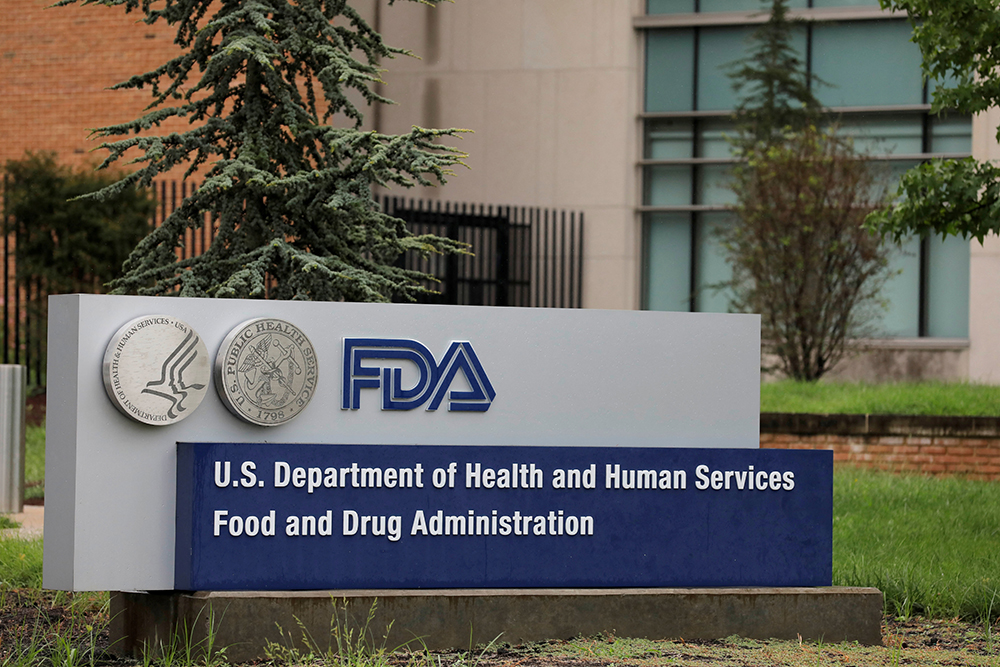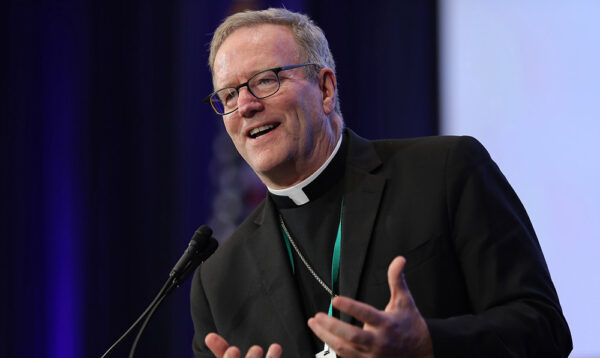
WASHINGTON — A U.S. bishop said the Federal Drug Administration should reject a unanimous vote by a panel of advisers May 10 recommending that it allow a birth control pill to be sold over the counter without a doctor’s prescription.
“It is concerning that the FDA has a recommendation before it to approve over-the-counter hormonal contraception when there is strong evidence of the many harmful risks to women’s health,” said Bishop Robert Barron of Winona-Rochester, Minnesota, chairman of the U.S. Conference of Catholic Bishops’ Committee on Laity, Marriage, Family Life and Youth.
In a May 15 statement, the bishop said the “evidence of the many harmful side effects of hormonal contraceptives demonstrates that they are not good medicine. And yet, now the FDA is faced with the decision on whether to allow access to hormonal contraception without medical supervision.
“Allowing this to go forward is antithetical to the Hippocratic Oath that guides physicians to first ‘do no harm,’ ” he added.
The advisory panel’s 17-0 decision about the birth control pill is not binding, and the FDA is expected to make a final decision in the upcoming months. But if the recommendation gains final FDA approval, it will be the first time a birth control drug will be sold over the counter in the United States.
Bishop Barron’s statement pointed out that last May the FDA acknowledged there could be “risks of breast cancer with hormonal contraceptive use.” He said the agency “quietly changed the safety protocols for prescribing, as well as information that should be in the inserts when the prescription is dispensed to patients.”
He also noted that last November the USCCB joined with the National Catholic Bioethics Center, the Catholic Medical Association, and the National Association of Catholic Nurses to oppose the nonprescription availability of the birth control pill, Opill, without the supervision of a healthcare professional, citing the potential for numerous negative side effects including organ failure, cardiovascular disease, or neurological issues among others.

The request to sell the contraceptive pill was brought to the FDA by the drug manufacturer Perrigo and would only apply to its product, Opill.
An initial FDA review of Perrigo’s application to sell Opill without a doctor’s prescription raised some concerns over whether those taking the daily pill would be able to follow the labeling directions correctly and if they would realize when they should not take it without consulting a doctor, particularly if they had certain health concerns, such as breast cancer.
Members of the advisory panel said they thought most women would be able to determine if the pill was appropriate for them to use.
Opill, which is said to be more than 90% effective in preventing pregnancy, was approved by the FDA in 1973.
Although most birth control pills contain a combination of progestin and estrogen hormones, Opill only contains progestin and is said to cause fewer side effects and health risks but can also be less effective if not taken around the same time daily.
The Catholic Church’s position against artificial birth control is outlined in Pope Paul VI’s 1968 encyclical “Humanae Vitae,” which affirmed Church teaching on married love and said the use of artificial contraception was wrong.
The Ethical and Religious Directives for Catholic Health Care Services, developed by the USCCB’s Doctrine Committee, states that “Catholic health institutions may not promote or condone contraceptive practices.”
